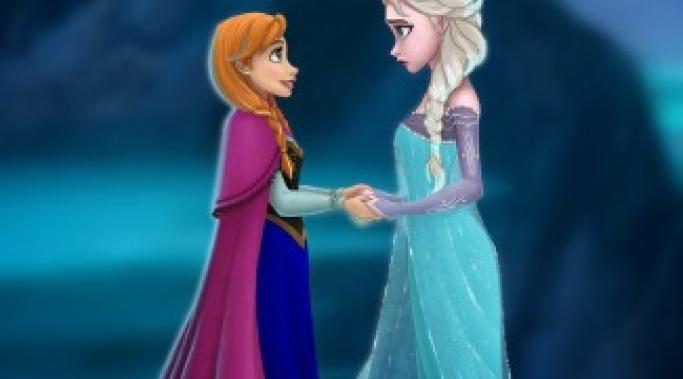Blogs
I want to tell you about my neighbors. That is, I would tell you about my neighbors if I knew any of them. Now partly, it's a societal change. Many people just aren't neighbors anymore in the classic sense of the word. Oh sure, we'll wave across the fence, but that's pretty much it. I've lived in the same house for 14 years now.
The reason I don't do the neighbor thing is because I don't want them to know me.
Many parents with attention-deficit/hyperactivity disorder (ADHD) remember, as a child, taking an ADHD medication vacation during the summer. Well, summer is around the corner and maybe you're wondering what to do about your son or daughter's ADHD medications. Bob says, "my child really needs them for school, and the medication has calmed him down a lot, but some people have told me they take their kids off ADHD medication in the summer. I‘m not sure what to do!” (See an Adult ADHD Medication Vacations article here.)
This is my first video blog for HealthyPlace and I wanted to do something that I love, but which also causes me anxiety: public speaking. I want to show you what I go through when balancing these two things. For this reason, the video will be shot “live,” in one take only, with no edits, and all imperfections intact. No Retakes.
As I write this, I already feel the anxiety building. I’m taking a leap of faith that I hope will have a soft landing.
Would it surprise you to know that I think there is a miracle medication in bipolar disorder? I’ve taken it. And yes, it was a miracle for me. I remember going from suicidal ever day of my life to wanting to do a life-affirming skydive.
The problem is, the “miracle” medication is different for each person.
One of the symptoms of borderline personality disorder (BPD) is self-destructive, impulsive behavior such as alcoholism. For a person with both BPD and a substance abuse issue, staying sober and therefore able to feel "sane," can be a struggle. Today is one such day for me, but I have a plan to stay sober, just for today.
In the first two posts in this series (see 1, 2), I have established that:
With posttraumatic stress disorder (PTSD), psychotherapy’s goal is to reduce or remove symptoms needed to qualify one for the diagnosis. This is what “healing” means in this series.
The core of this healing work is permanently reducing or eliminating the noxious feelings associated with memories of trauma. Without "triggered" intrusive memories, the other symptoms of PTSD do not appear.
Both psychology and religion can make naturalistic proposals about PTSD; it is appropriate and necessary to evaluate such proposals by empirical research, which is how science creates reliable knowledge.
Forgiveness has been proposed by both psychologists and religious figures as a potentially important intervention in psychotherapy, and in the therapy of PTSD in particular. It's reasonable to take this proposal seriously.
“Unforgiveness” – the mental state for which forgiveness is proposed as the remedy, has two fundamental feelings associated with it: fear and anger.
Fear is primary, and anger is an adaptive response to fear. Remove fear and anger goes with it.
Let's now look at forgiveness as a deliberate intervention to promote physical health and recovery from psychological trauma.
You’re only human. As I watched one of my favorite television shows, Dancing with the Stars, I was reminded of this – I’m only human. The song, Human, written by Christina Perri & Martin Johnson, touched my heart from the first moment I heard it during a commercial for another one of my favorite shows, The Little Couple. It reminded me of so many things, most importantly, that we’re only human. Listening to the song on the show, I was brought to tears as I thought of so many things.
Yesterday, I attended a really cool event run by the Maryland Branch of the American Physical Therapy Association (APTA) all about sports physical therapy and orthopedic surgery. A few times when I stood up my brain felt pretty wobbly. I was watching Doc Martin in the evening and noticed a bit of a tickle in my throat. Now, I have a full fledged cold and it definitely has an interaction with my typical adult attention-deficit/hyperactivity (ADHD) symptoms.
Some may see this blog as the corniest one I have created yet. However, after finally watching the popular Disney movie, Frozen, I felt the need to put these thoughts out there for others to read and relate to.
I typically analyze every movie I watch and search for hidden symbolism. I’ve done this ever since I took a scriptwriting class in college and, being a writer, I enjoy seeking out positive messages in books and in films.
Even with my four-year-old nephew telling me what was going to happen seconds before something would, I realized how deep Frozen really was and how it was related to the idea of self-acceptance.
It has been a very long, cold, depressing winter. Snow storms. Ice storms. Wind chills that can freeze your face. I spent a lot of my days hunkered down inside the house, battling my depression symptoms as best I could. But, spring has sprung and it's finally time to get outside!







